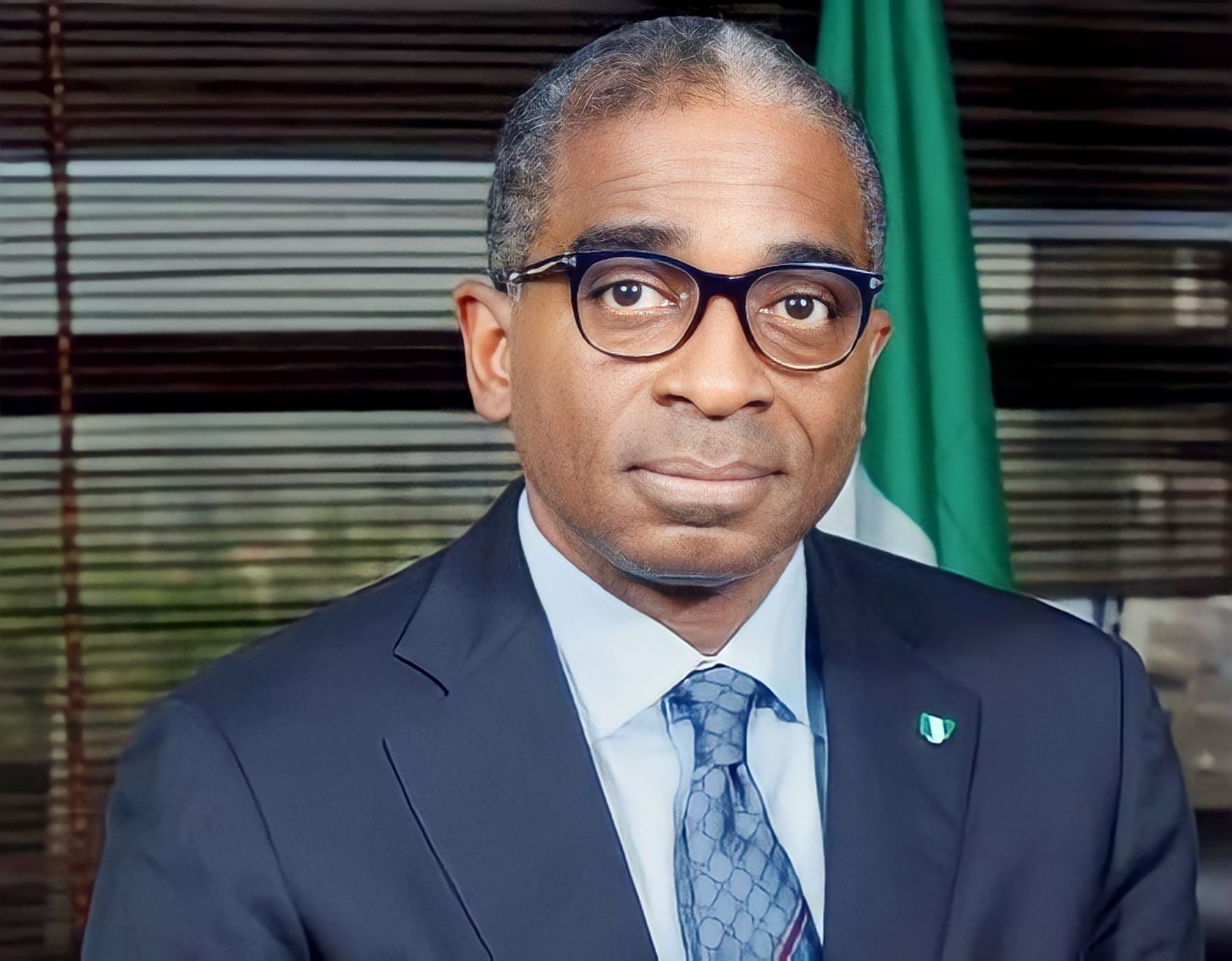As Nigeria gets set to join the second phase of the Guided Trade Initiative (GTI), the Executive Secretary for the National Action Committee for the Implementation of the African Continental Free Trade Area (AfCFTA) Olusegun Awolowo has reiterated Nigeria’s commitment to fostering continental economic integration and realising its benefits in Africa via the GTI.
At a joint interactive session premised on AfCFTA Secretariat Ghana Mission to Nigeria to bring the Nigerian business community up to speed the importance of GTI on the Nigerian business trading with African countries, Awolowo disclosed that GTI will promote economic growth and enhance regional integration.
Awolowo stated this while delivering his keynote address at the implementation of the AfCFTA: Secretariat Mission to Nigeria on Friday noted that as the body embarked on the journey to join GTI phase 2, the focus is to amplify benefits of AfCFTA through practical actions.
He stated further that the new phase underscored the significance of targeted intervention and collaborative efforts to overcome challenges and maximise opportunities.
Highlighting the key pillars of the strategy, Awolowo explained that through sectoral engagement, it will enhance the competitiveness of Nigerian industries by investing in sector-specific interventions, which according to him includes “capacity building programmes, technology transfers and innovation promotion geared towards empowering our industry to meet regional demands and standard.”
He reaffirmed Nigeria’s commitment to realising the potential of the AfCFTA, insisting that the second phase of GTI is a “testament to our determination to drive sustainable economic growth and enhance regional integration.”
Muhammed Ali, Director, Trade in Goods and Competition, AfCFTA Secretariat, who represented the Secretary-General, harped on the gains from the first phase of the GTI and how it will be inculcated into the second phase.
In his words, “In the first phase, We have successfully unlocked the potentials of Countries to participate fully in the AFCFTA and since then they have been trading with each other successfully. The target as mandated by the government is to increase from 7 to 29 countries in the second phase”. He said
The event was in collaboration with Nigerian Association of Chambers, Industry, Mines, and Agriculture (NACCIMA) and hosted by the Abuja Chamber of Commerce, in a room filled with aspiring exporters to Africa, and regulators from the Public Sectors such as the Central Bank of Nigeria (CBN), Standards Organisation of Nigeria (SON), Nigeria Customs Services (NCS), National Agency for Food and Drug Administration and Control (NAFDAC), Nigeria Agricultural Quarantine Services (NAQS), Nigerian Investment Promotion Commission (NIPC), Nigerian Export Promotion Council] (NEPC), Nigeria Shippers Council, Manufacturers Association of Nigeria (MAN), Nigerian Association of Small and Medium Enterprises (NASME), Nigeria Employers’ Consultative Association (NECA) and National Intelligence Agency (NIA).
Also speaking , Dr Yerima Abdulrashid, President, Nigeria Association of Small and Medium Enterprises stated “We remain committed to this course. We are partnering with ECOWAS to bring in Small and Medium Enterprises in Africa to Nigeria, we will also see how we can effectively trade without barriers. We want to assure you all that we are in full support of the African Continental Free Trade Area in Nigeria and success is assured.”
While describing the issue of non-oil export as the biggest challenge in Nigeria, the National President of NACCIMA, Otunba Dele Kelvin Oye stated that exporting oil has become a burden on the country as “the foreign exchange has completely wiped out the benefits of the oil export”, adding solution to the problem is to become non-oil export.
“We are part of today’s event to show our commitment to trade and encourage our government to immediately get the National Assembly to domesticate AfCFTA Protocols. NACCIMA is almost like an outsider when we should be the one championing the cause of non oil export promotion in the country
In her speech, Permanent Secretary of the Federal Ministry of Industry, Trade, and Investment, represented by Mr Suleman Audu, Director of Trade in the Ministry, during the AfCFTA Secretariat Mission to Nigeria said “This engagement marks a significant milestone in our journey towards harnessing the immense potential of the AfCFTA for the economic growth and development of our nation.”
According to her, AfCFTA represents a transformative opportunity for Nigeria to enhance its trade relations, explore its trade potentials, bolster industrialization, and stimulate investment.
“In this context, GTI serves as a pivotal instrument to ensure that our engagement with the AfCFTA is not only successful but also mutually beneficial for all stakeholders involved. This second phase of the initiative underscores our commitment to building on the progress made in the first phase and taking concrete steps to drive tangible outcomes.
“we seek to engage with stakeholders and selected businesses to gather insights, feedback, and suggestions that will inform the next steps of the GTI. We recognize that your expertise and perspectives are invaluable in shaping policies and strategies that resonate with the diverse needs of our industries. Your contributions will be instrumental in refining our approach to ensure that the GTI aligns seamlessly with our overarching economic goals”, she added.
Alhaji Muhammad Kamal Dalhat, Deputy Director, Tax Policy, Representative of the Federal Ministry of Finance, Budget and National Planning gave update on status of Gazetting.
READ ALSO FROM NIGERIAN TRIBUNE






